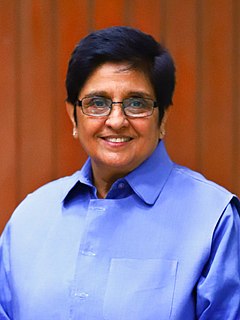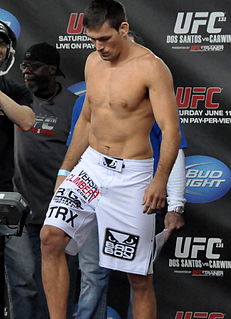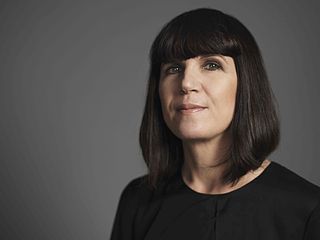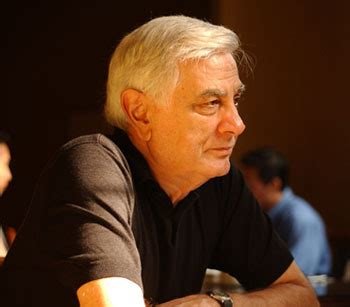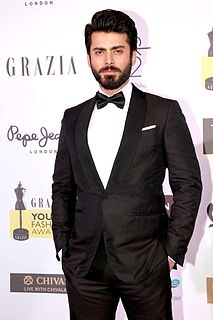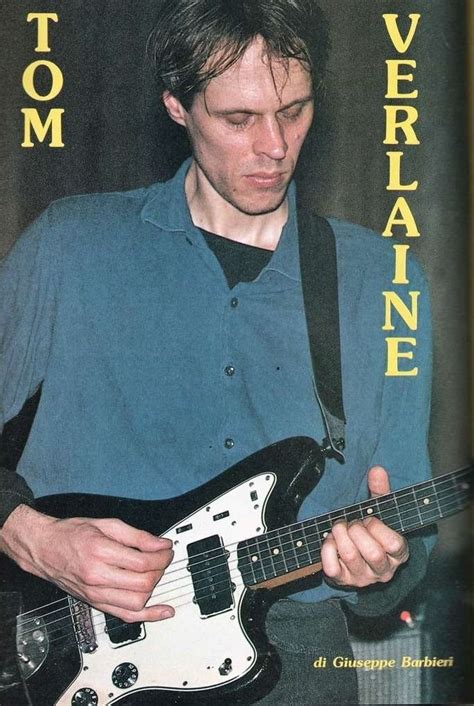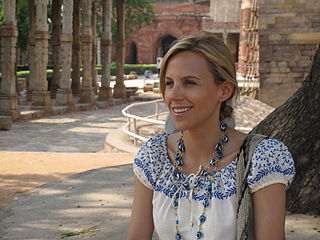A Quote by Matt Taibbi
In the '50s and '60s, journalism wasn't a profession. It wasn't something you went to college for - it was really more of a trade. You had a lot of guys who came up working in newspapers at the copy desk, or delivery boys, and then they would somehow become reporters afterward and learn on the job.
Related Quotes
Just know that it’s fear that keeps most people working at a job. The fear of not paying their bills. The fear of being fired. The fear of not having enough money. the fear of starting over. That’s the price of studying to learn a profession or trade, and then working for money. Most people become a slave to money… and then get angry at their boss.
As a young woman working in journalism, I assumed harassment and discrimination came with the territory and that you just had to get on with the job. As I rose to senior positions, it took me awhile to realise that just because I'd survived relatively unscathed didn't mean the younger women joining the profession would do so, and it isn't until you hit a certain age that the reality of ageism - which is much more acute for women - kicks in.
When you talk to women who were working as print journalists or in broadcasting in the '50s, and then you talk to women who were working in the late '60s, there's an enormous difference. There had already been a huge transition. Then, of course, you get well into the '70s and there were women with children working.
During college, I didn't really have an interest in what I was studying. It was during college that I first stumbled into forming an underground band where I was the lead vocalist. I had always had an ear for music, but nothing more than that. And that good ear of mine led me to learn and play a lot of instruments while in college.
In the '60s when I started to see everything I could see, you could see pretty much everything which was still available from the '30s, '40s, '50s, '60s, and therefore I had an education which was really large and vast in different cinema. That's probably the reason I did not fall for the New Wave. It's really the love of the movies that made me want to become a cameraperson, definitely. I was really a film buff.
I write a lot of more instrumental music than I do vocal music. It's because I come out of a background of playing piano and then playing sax for a number of years. I kind of got into rock backwards. A lot of guys go into rock and then get sick of it and then go into something else. I came the other way, so I've always just had a lot more stuff lying around.
I think I've had my taste.I got to work with Sam [L.Jackson]. I can say I did it. I had my shot. I'd love to do something with [Robert] De Niro or Dustin Hoffman or Al Pacino. Those are guys I grew up watching. That would be wonderful. Now that I've gotten a taste working with a bona fide movie star, I think I'd be more prepared to go head to head with some of the big boys.
There were a lot of different things [in The Women's Room ]. I don't really want to summarize it in this way. It's about a woman's awakening, a woman who came of age in the '50s and is a teenager - actually, she's a little bit older - in the '60s and part of the women's movement and how she ends up there.
I was in the journalism program in college and had some internships in print journalism during the summers. The plan was to go to Columbia University Graduate School of Journalism to learn broadcasting after I graduated. I was enrolled and everything, but ultimately decided that I could never afford to pay back the loan I'd have to take out.

